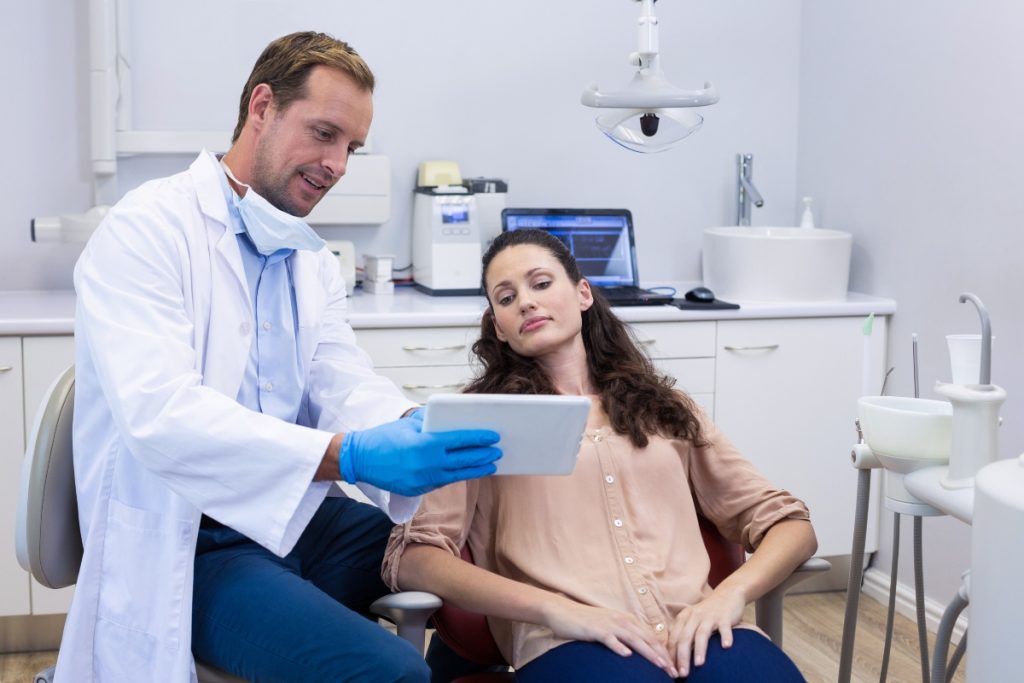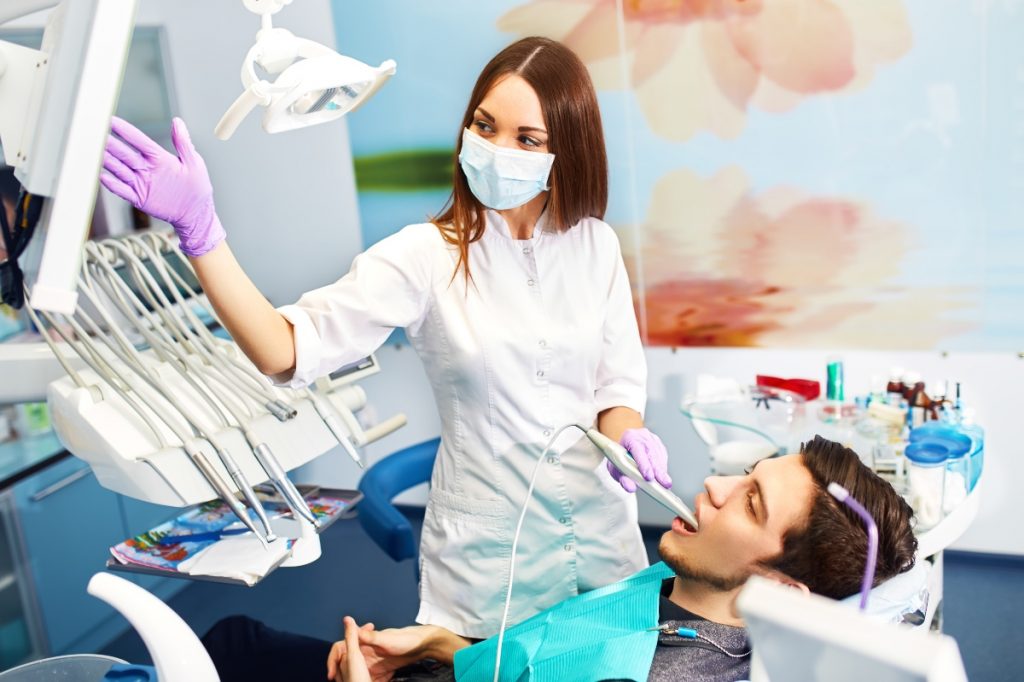Dental lasers have been a serious investment in Coorparoo Family Dental , providing most modern dental techniques to our patients. But how exactly do dental teams use lasers?
It is strongly believed that laser dentistry is going to be more widely adopted in the future. And, with more and more dental surgeries pioneering them, it is almost certain that one day soon, you will attend a surgery that offers treatments with lasers.So, how are dental lasers used and in what way do they change the game in relation to dentistry and other procedures?
This has reached the point where the majority of what is done in the clinic, whether it be restorative work like the pre-drilling before fillings or soft-tissue incisions, can easily be performed with our laser equipment. It has been found that this significantly increases recovery rates as well as being less uncomfortable during the procedure itself. Many people, even after an area is completely numbed, find the vibrations caused by traditional dental work or the pressure that is applied on their jaw by pliers or scalpels to be deeply unsettling. One of the great advantages of laser work is that there is no residual vibration or any sensation of pressure on the patient. Once the area is fully numbed, it would be very difficult for a patient to know whether the laser was doing it’s work or not. You would be surprised how flexible a surgical laser is in our clinic. Dental teams find themselves often being able to use it as an alternative to suppliers even for the heaviest of tasks like the removal of crowns and tightly bonded veneers.
The extremely precise level of control that our dentists have over their laser equipment allows fine work like the widening of root canals which is usually performed with a tiny set of raspes and a microscope to be completed quickly and easily.
The inherent advantages of laser surgery
Laser surgery has several advantages over the traditional scalpel. There is significantly less bleeding with laser surgery as any incisions are partially cauterized; when working with gum tissue it also usually allows stitches to be avoided. As the laser is inherently sterile and sterilises the area as it cuts and far less anaesthesia is required than with standard procedures.
Secondary treatments available in our clinic
This investment has allowed teams to extend beyond what is usually available in a dental clinic. They can perform laser-based cosmetic skin treatment, eliminating blemishes but they can also treat and disinfect root canals and abscesses without touching them. They can also perform the minor maxio factual surgery to correct snoring as well as muscle tightening of certain facial areas to reduce the signs of aging.
As you can see, this provided our patients with this much greater range of choice and a better standard of healthcare. If you are interested in trying out laser dentistry, then look online for a nearby dental surgery that offers it and see what it can do for you and your family.
DISCLAIMER
Any surgical or invasive procedure carries risks. Before proceeding you should seek a second opinion from an appropriately qualified health practitioner.

